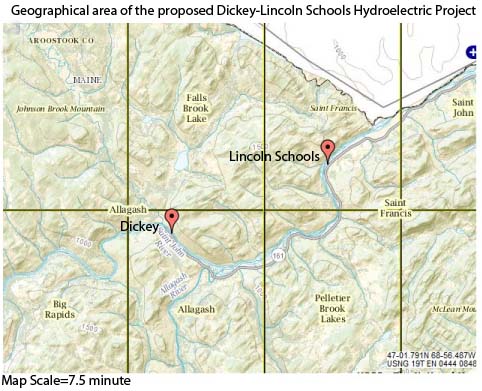Document Type
Report
Publisher
Environmental Research & Technology
Rights and Access Note
Rights assessment remains the responsibility of the researcher. No known restrictions on publication. For information about the process and fees for obtaining higher resolution scans or another file format, contact Special Collections.
Publication Date
1976
Publisher location
Concord, MA
Abstract/ Summary
This introduction of the St. John River watershed is situated in a transitional zone between the Boreal Forest Formation and the Eastern Deciduous Forest Formation. Second-growth forests representative of these two ecosystems cover extensive areas of the project site. The boreal forest forms a broad transcontinental belt in northern North America and Eurasia, with southern montane extensions. This northern forest is characterized by evergreen, coniferous trees, predominately spruce-fir The eastern deciduous forest, composed of broad-leaved hardwoods, extends throughout the eastern United States except Florida (Dasmann, 1968; Oosting, 1956).
Repository Citation
Corps of Engineers; New England Division; and Environmental Research & Technology, Inc, "Terrestrial Ecology of the Dickey-Lincoln School Lakes Project" (1976). Dickey-Lincoln School Lakes Project. 84.
https://digitalcommons.library.umaine.edu/dickey_lincoln/84
Citation/Publisher Attribution
United States, and Environmental Research & Technology, Inc. 1976. Terrestrial ecology of the Dickey-Lincoln School Lakes Project. Concord, Mass: Environmental Research & Technology.
Version
publisher's version of the published document



